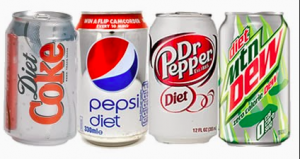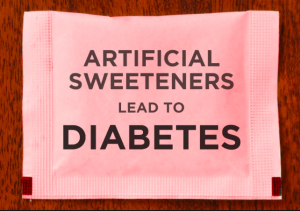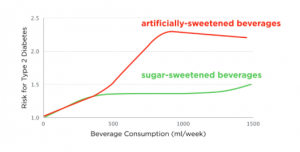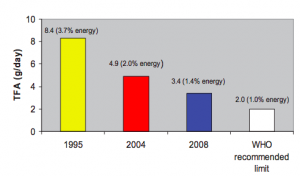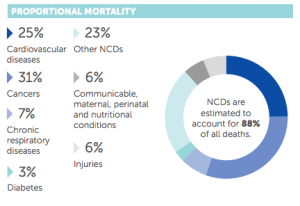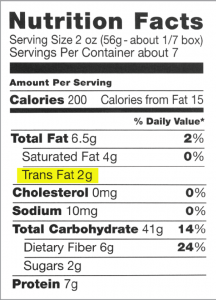People nowadays are obsessed with the idea of being healthy; after all, who doesn’t want to feel good and look good at the same time? Besides exercising regularly and sticking to a proper sleeping schedule, the most important way to achieve this is to eat a balanced diet. However, there is no ultimate diet that works for everyone; a diet that may keep one person energized throughout the day while allowing them to look fit and strong might make someone else overweight or sick. Many diets gain and lose popularity throughout the years, but there is one diet that stands out, especially for athletes and people looking to lose weight: the ketogenic diet.

Guacamole is a dip made from avocados, which is a great source of healthy fats
(photo credit: Elise Bauer at simplyrecipes.com)
Carbohydrates are one of the three macronutrients in the food we eat and it is broken down into glucose and used as the body’s primary source of energy. However, in the keto diet, little or no carbs are consumed in order to force the body into ketosis (a metabolic state where the body starts to burn fat instead of carbs as a primary fuel source). Since carbs hold onto water and no carbs are being consumed, a person who starts keto will lose weight, most of which comes from the loss of water. It can also promote further weight loss because of intermittent fasting (eating only during a certain number of hours each day; during the fasting period, the body has no food calories to make energy and is forced to use fat reserves instead).
Interestingly, the ketogenic diet can also help children with epilepsy. As mentioned before, due to the lack of carbohydrates, the body is in ketosis because the liver converts fat into ketone bodies. In a study, researchers found that since there are more ketone bodies in the bloodstream, as well as a reduction in blood sugar, the chances of a seizure are greatly lowered.
However, there are some side effects and risks associated with the ketogenic diet. Not eating enough carbohydrates can cause hunger, which in turn causes headaches and fatigue. There may also be vitamin and mineral deficiencies as well as dehydration and constipation. In addition, children who use the keto diet for long periods of time may experience slow or stunted growth because they are not getting proper nutrition.

Video of a Keto Breakfast Rollup Recipe
(credit: RuledMe on Youtube)
Lawrence Liang


